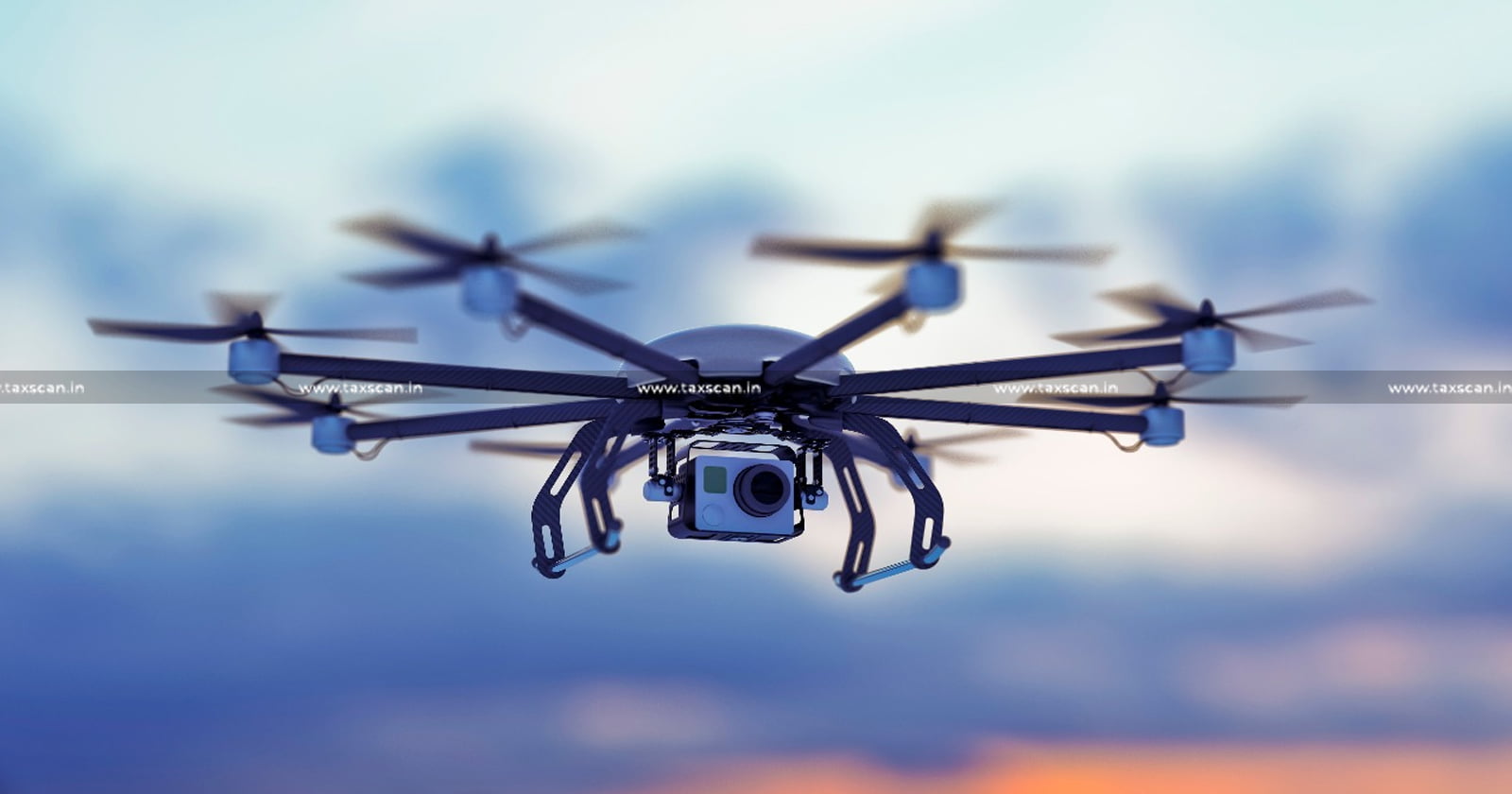DGFT Liberalizes and Simplifies Export Policy of Drones/UAVs for Civilians End Uses from India

DGFT – DGFT Liberalizes – Simplifies Export Policy – Export Policy – Export Policy of Drones – Drones – UAVs – Civilians End Uses from India – Civilians – taxscan
DGFT – DGFT Liberalizes – Simplifies Export Policy – Export Policy – Export Policy of Drones – Drones – UAVs – Civilians End Uses from India – Civilians – taxscan
The Directorate General of Foreign Trade (DGFT) under the Ministry of Commerce and Industry has liberalised and simplified the export policy of the drones/ Unmanned Aerial Vehicle (UAVs) for the civilian end uses from India.
The SCOMET policy of drones/UAVs meant for civilian use has been amended by DGFT Notification No. 14 of June 23, 2023, to simplify and liberalise the policy for exporting drones/UAVs. This decision was made after extensive consultations with all parties involved.
The decision has been made in accordance with the emphasis on facilitating the export of high-tech goods placed in India's Foreign Trade Policy 2023, which included encouraging the export of drones and unmanned aerial vehicles (UAVs) made in India for civilian purposes while also taking into account India's international obligations regarding non-proliferation.
Every kind of drones and unmanned aerial vehicles (UAVs) were previously restricted or controlled for export under the category 5B of the SCOMET (Special Chemicals, Organisms, Material, and Technology) list in Appendix 3 of Schedule 2 of the ITCHS categorization of Import and Export Items.
This list focuses on the group of products that fall under special regulations because they may be dual-use, meaning they may be used for both military and civilian purposes. Such devices needed a SCOMET licence to be exported, and it was difficult for the industry to export drones with constrained capabilities that are only intended for domestic use.
The General Authorization for Export of Drones (GAED), a one-time general licence good for three years, will now be required for the export of drones/UAVs that do not fall under the SCOMET list's designated categories, have a range of at least 25 km and a payload of no more than 25 kg, and are intended solely for civilian end-use.
This policy change will lessen industry compliance by removing the requirement for drone manufacturers and exporters with GAED authorization to apply for a SCOMET licence for every similar export shipment intended for civilian purposes, within the validity period of three years, subject to post reporting and other documentary requirements.
This will eventually increase economic activity by enabling Indian drone manufacturers to reach bigger markets and compete globally. The drone/UAV sector may be stimulated to innovate and improve technologically by loosening export restrictions.
Support our journalism by subscribing to Taxscan premium. Follow us on Telegram for quick updates


